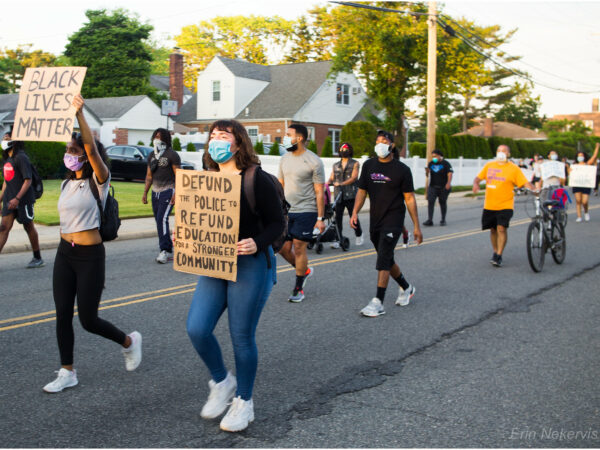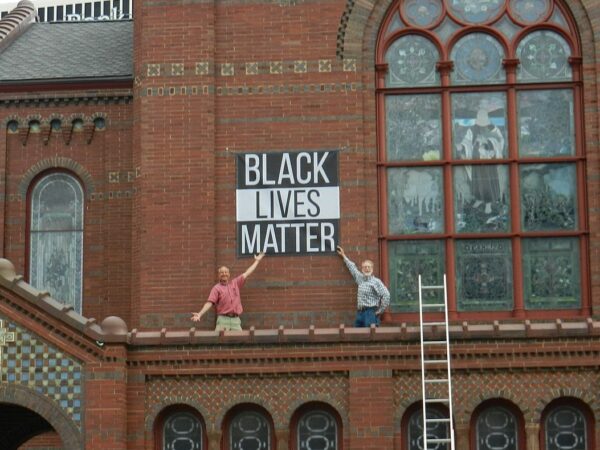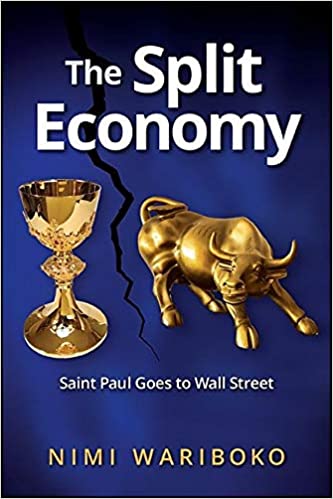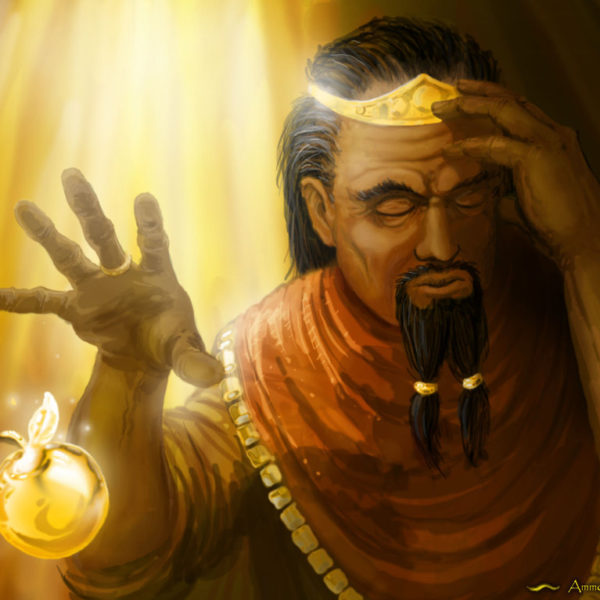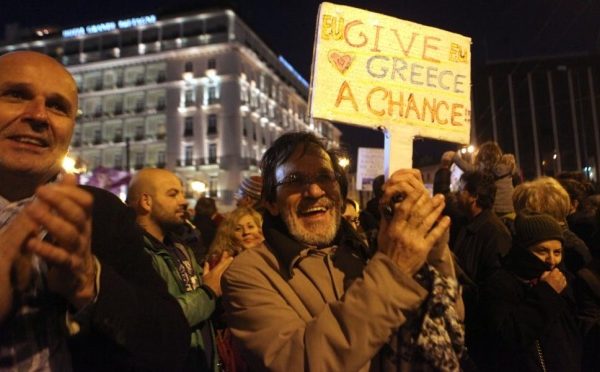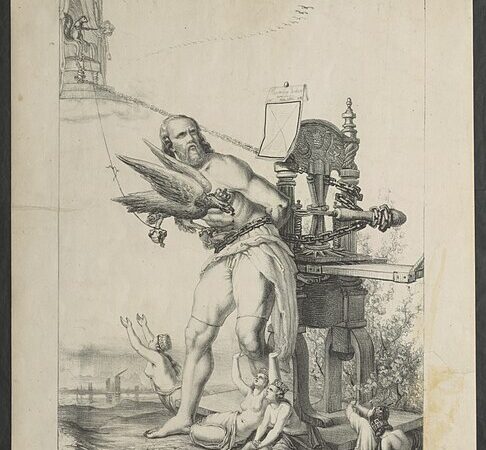
For Marx, religion is more than “the opium of the people,” it is the mirror of society turned upside down. This essay examines Marx’s critique of religion as well as his critique of other contemporary critiques of religion. This critique of religion became the starting point of his critique of political theology and, later, political economy.
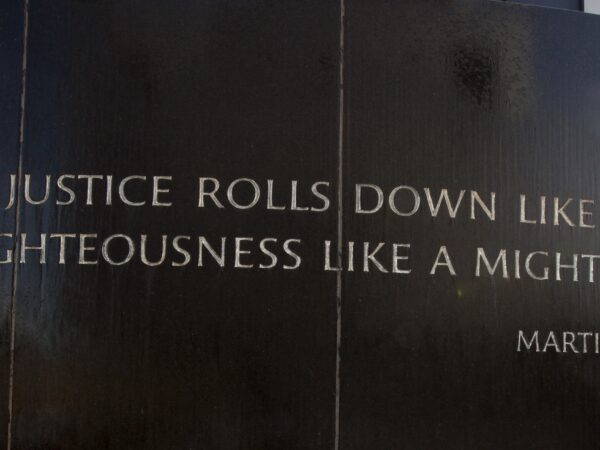
The reality into which we are called to participate, to embody, and to invite others is profound in that it promises to create the very sociality for which we long. It promises to establish the Kingdom of God that is not yet our everyday reality and, at the same time, is present to us in certain spaces and in moments of profound connection.
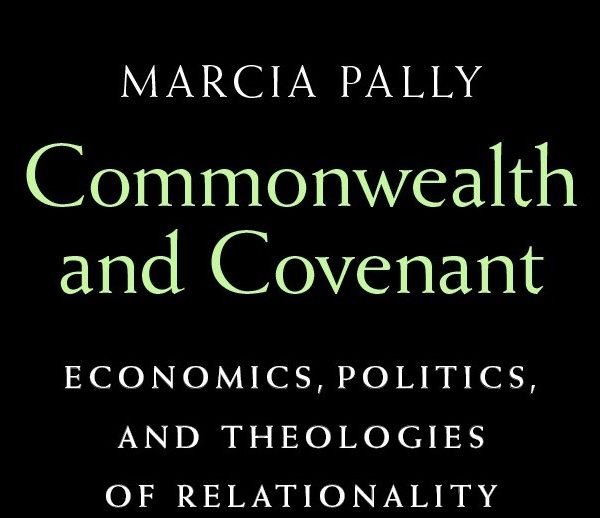
A second expression of relationality is covenant. It is a bond between distinct parties where each gives for the flourishing of the other. Unlike contract, which protects interests, covenant protects relationship.

Rendering to God what was God’s meant offering our lives as living sacrifices of worship to God, as one would offer coins as tax and tribute to one’s sovereign. The human was theologically monetized—or coined—in the name of dedication to God.

